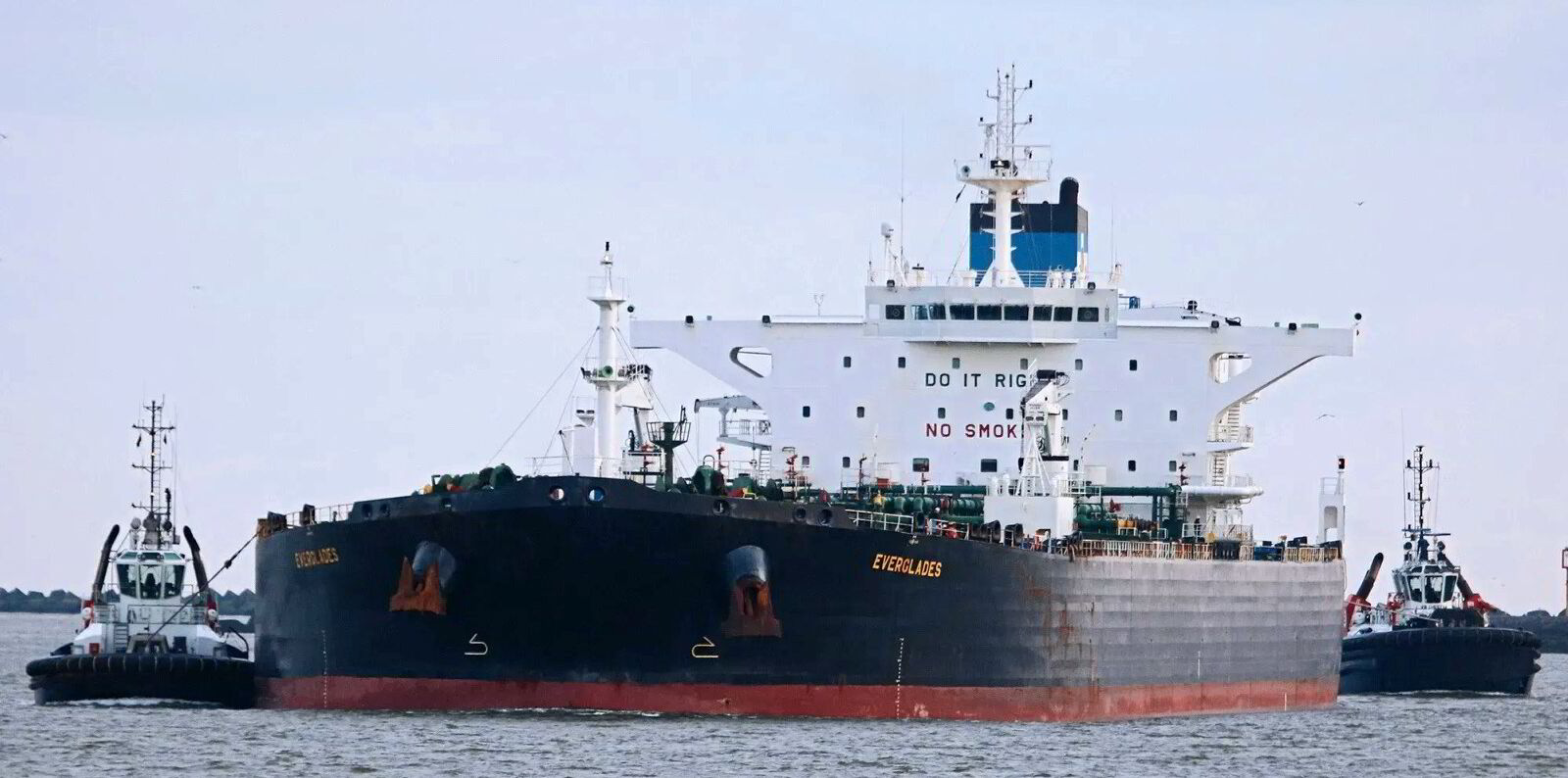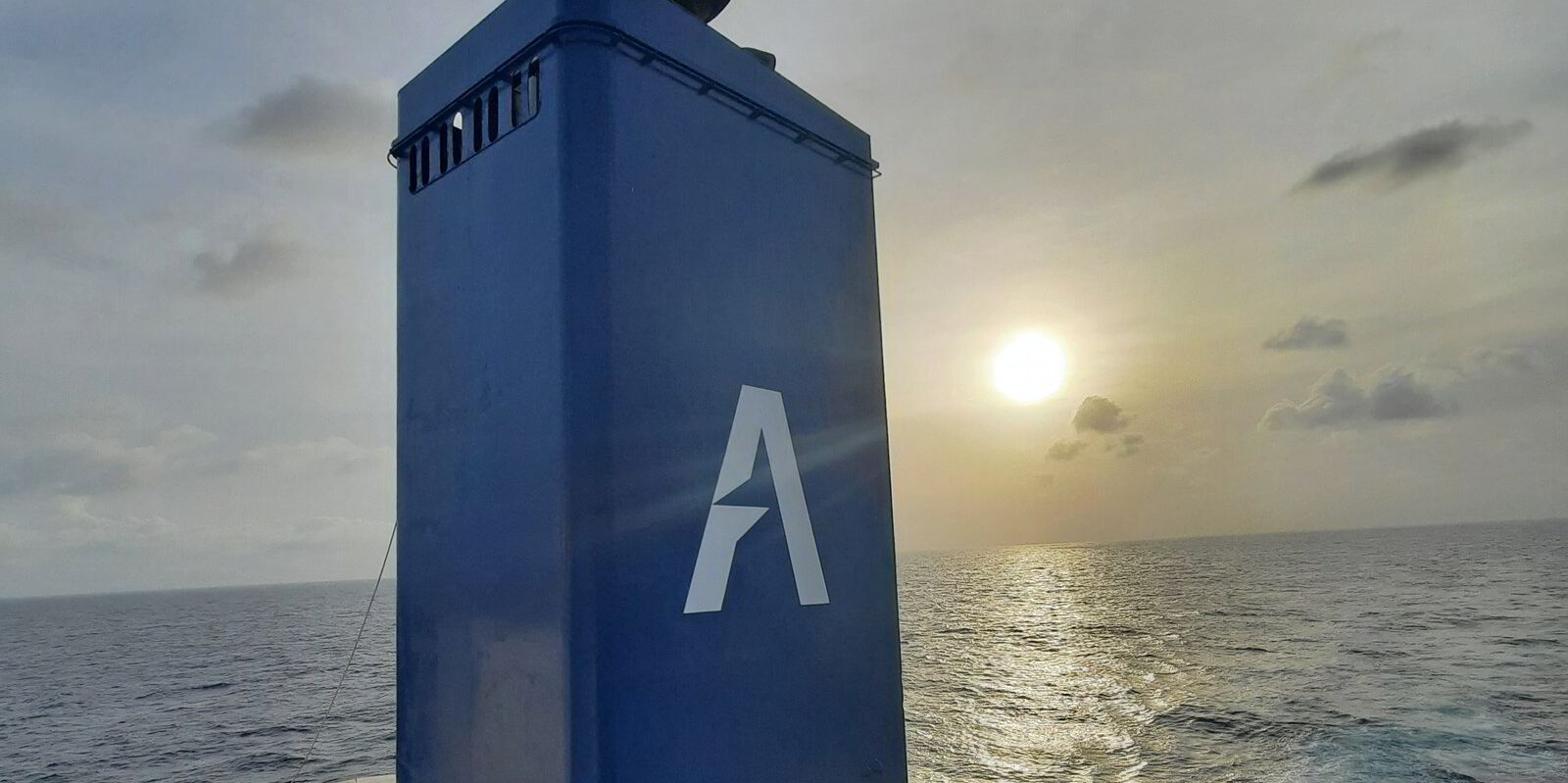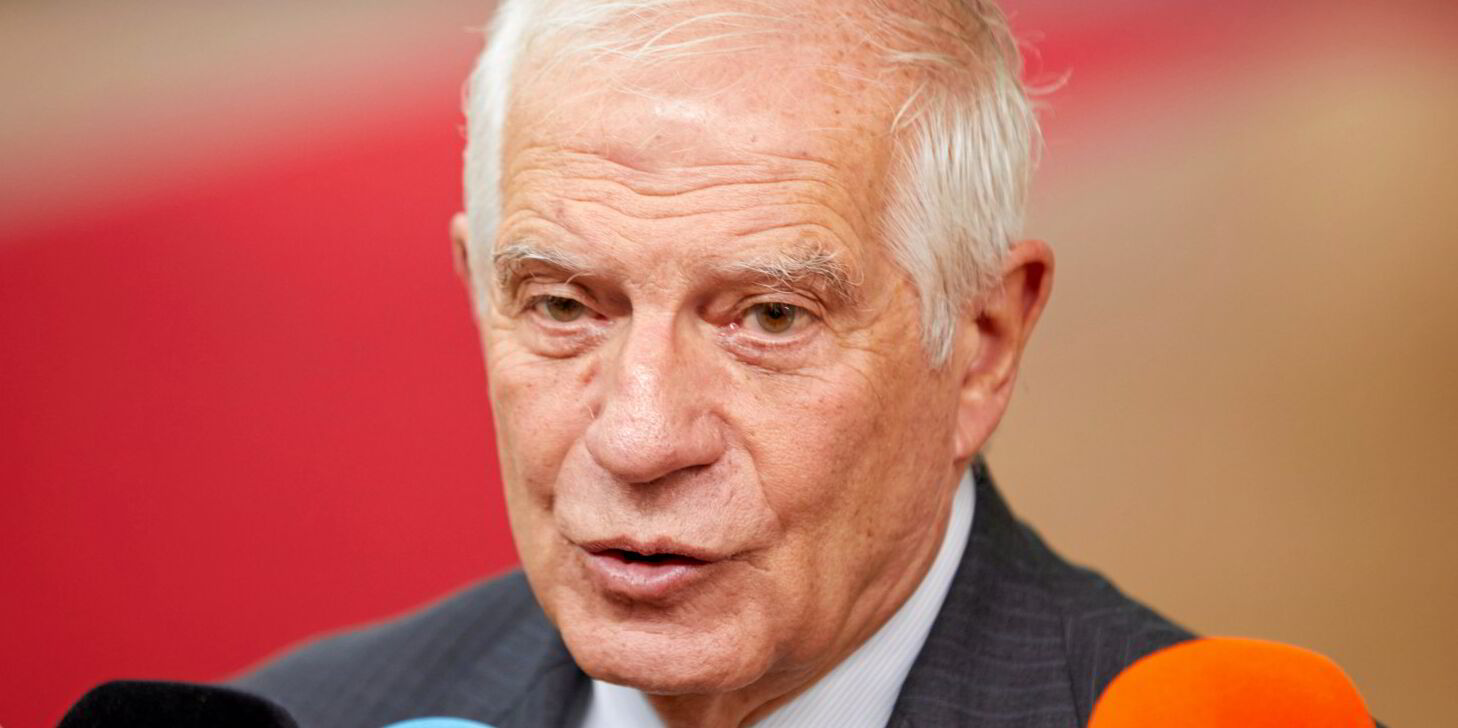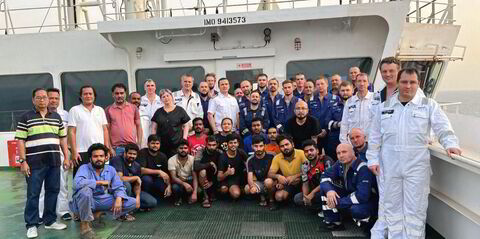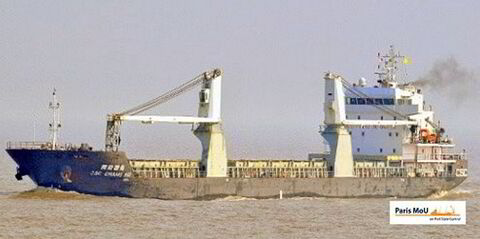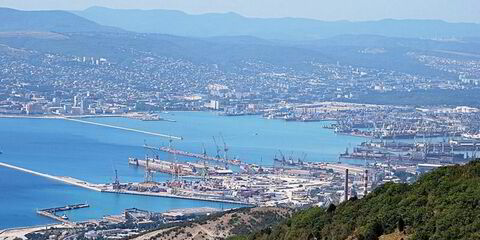None of the 18 tankers hit by European Union and UK sanctions last month have since loaded oil cargoes — an early sign of the potential disruptive impact on vessels involved in the Russian shadow trade.
Four of the tankers have stopped outside the Baltic port of Ust-Luga for at least 10 days, suggesting that the blacklisting has had some effect even though there is no obvious link to British or European shipping or allied services.
The US has blacklisted 40 vessels since October last year to try to limit Russian earnings from its fossil fuel exports to fund its invasion of Ukraine.
The move stopped or severely restricted their trading activities owing to the importance of the dollar and the outsize global reach of the country’s sanctions enforcement body.
The UK followed suit on 13 June with its first listing of individual vessels, including four tankers, after amending its laws related to Russian sanctions in the final hours before Parliament broke up for national election campaigning.
The EU signed off its first listings of vessels on 24 June with 17 tankers, including three that were also named by the UK.
But the impact of the measures was uncertain. Many of the latest ships targeted had protection and indemnity cover, port calls and ship management outside of the orbit of the EU, UK or other G7 countries.
Analysts said the muted activity could be due to concerns expressed by buyers over cargoes on sanctioned vessels that their wider businesses could be targeted by regulators.
“We have all been watching with great interest to see if the euro or sterling, or the regulatory authorities … have the same ability to make importers nervous,” said Craig Kennedy, a Russia energy and finance expert and associate at Harvard University’s Davis Center.
“My guess is at this point they are in a bit of a risk-off mode.”
Two of the tankers off Ust-Luga — the 113,000-dwt Ocean Amz (built 2008), operated by Dubai-based One Moon Marine Services, and the 106,500-dwt Robon (built 1997) — have been listed by both the UK and EU.
The Robon, owned and operated by Kazakh interests, had been due to load 700,000 barrels of crude on the day of the designation but remains stopped in Luga Bay three weeks later, according to Kpler ship and cargo tracking data.
The Cook Islands-flagged Ocean Amz was on a ballasting leg back to the Baltic region when it was blacklisted by the UK and has been waiting in the Baltic Sea since 19 June.
The UK also sanctioned the 116,000-dwt NS Laguna (built 2007), linked to Russian state carrier Sovcomflot, which arrived off Ust-Luga four days later.
The fourth vessel, the 105,700-dwt Kemerovo (built 2007), is also part of the SCF Group fleet and was designated by the US in February.
The blacklisting of tankers has evolved since October, when the US Office of Foreign Assets Control first targeted ships and cited links to US service providers.
Those links included flag states with offices in the US, forcing the Russia-linked shadow fleet to shuffle flag and insurance services to providers outside of the G7 and Europe.
Later sanctions imposed by the US, EU and UK did not cite any links to domestic providers.
The measures have severely restricted the listed vessels.
The SCF Primorye, the first tanker blacklisted by the US in October for alleged price cap breaches, finally delivered its first post-sanctions cargo of Russian crude last month in a ship-to-ship transfer.
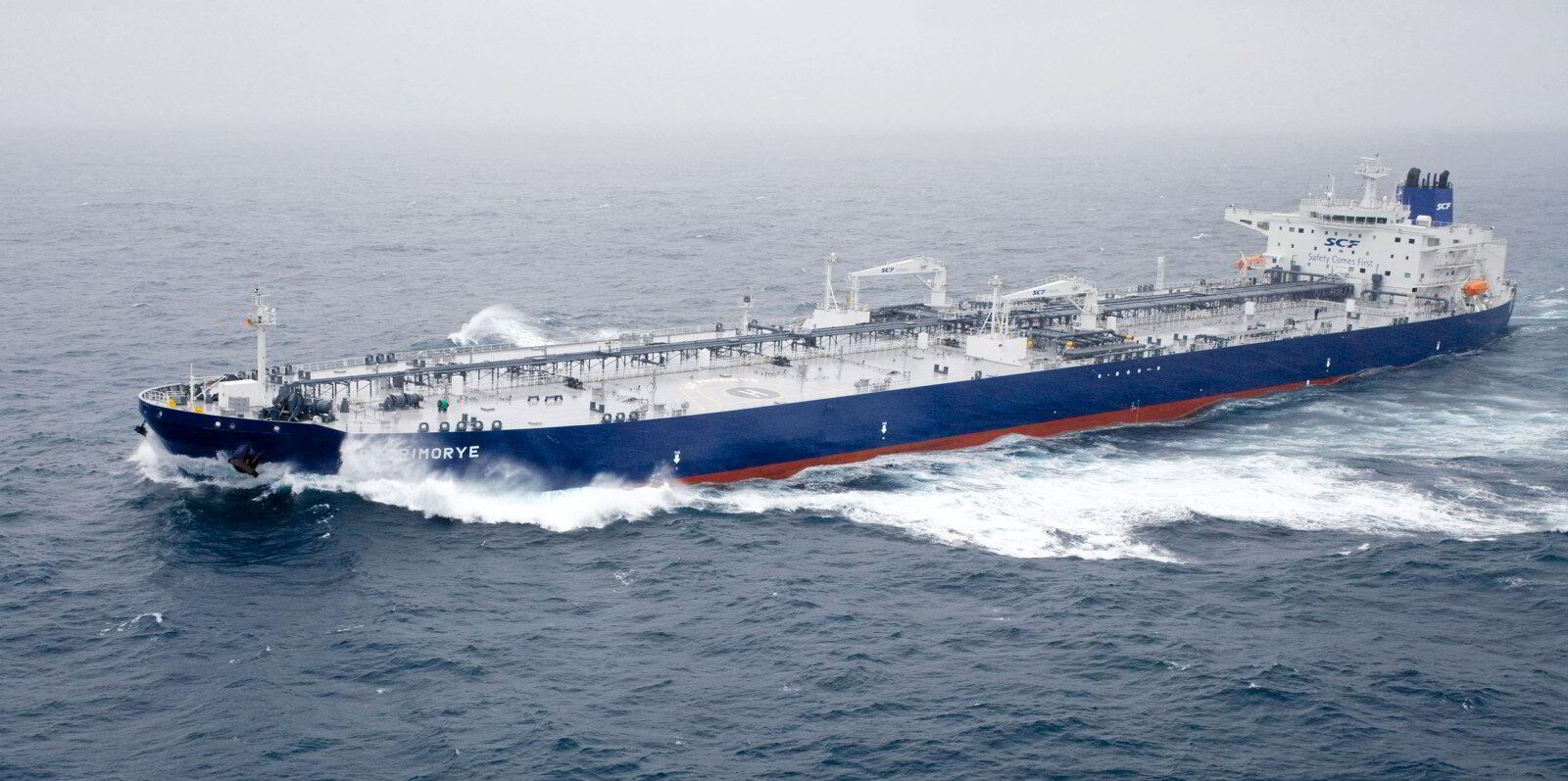
Kennedy said Moscow would be looking for similar customers prepared to take the risk of buying oil cargoes from sanctioned tankers at cut-price rates.
But Henry Adams, partner and head of the shipping team at UK law firm Birketts, said sanctioned tankers would struggle to secure insurance cover to operate.
“We will potentially get to a situation where the sanctions simply preclude the vessel from being able to operate even though it may not be calling into Europe or the UK,” he said.
Ship tracking data shows that three of the sanctioned tankers were hauling Russian cargoes when sanctions were imposed.
The 116,000-dwt Andromeda Star (built 2009), owned and managed by Seychelles-based Algae Marine, and the 115,800-dwt NS Lotus (built 2008) are transiting Europe and are scheduled to deliver cargoes to Asia this month.
The 47,000-dwt NS Stream (built 2006), a Sovcomflot-linked tanker operated by Dubai-based ship manager Fornax, loaded a cargo of oil products at Ust-Luga and is due to discharge in Turkey this week, according to Kpler ship tracking.
Sovcomflot CEO Igor Tonkovidov said in June that his company was under “relentless” sanctions pressure that made it difficult to work. Tonkovidov was himself listed by the EU in its 14th round of sanctions issued last month.
Read more
- US blacklists 11 ships in move against Iran nuclear programme
- Venezuela drawing on shadow fleet tankers to keep oil flowing into Cuba
- Sovcomflot crew save seafarers from sinking tanker off Yemen
- Japanese asset freeze on shipless SCF subsidiary
- LNG market in ‘fragile equilibrium’, gas industry body says
